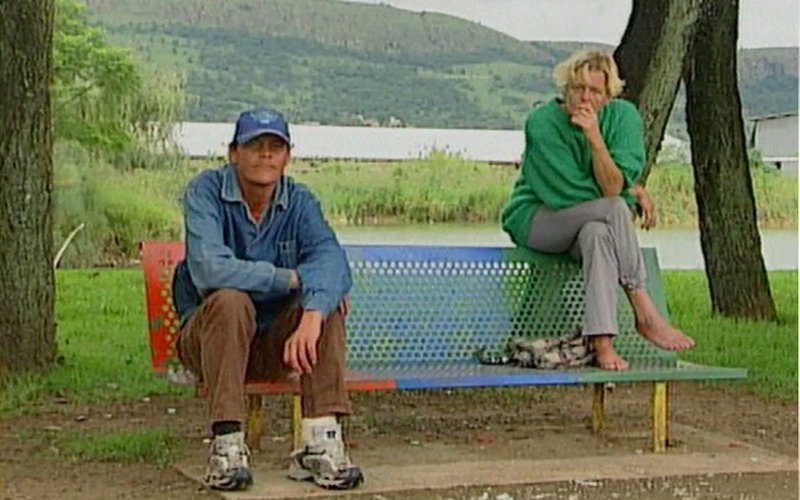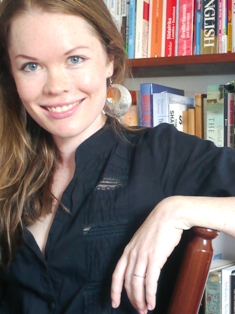
Danelle van Zyl-Hermann has co-edited a special issue on contemporary discussions around white communities in Africa.
As different white communities seek to negotiate the challenges posed by the postcolonial context in particular ways, we see a multiplicity of configurations of white identity and power. At the same time, the articles reveal similarities in racist ideologies, cultural repertoires and material practices of domination across varying African contexts. Whiteness in postcolonial Africa emerges as dynamic and constantly adapting.
Danelle van Zyl-Hermann and Jacob Boersema
A Gates Cambridge Scholar has co-edited the first comparative study on white privilege, power and subjectivities in post-colonial Africa in an academic journal.
Danelle van Zyl-Hermann [2010] is currenty a postdoctoral research fellow at the University of the Free State, South Africa. Along with Jacob Boersema from Columbia University, she has edited a special issue on 'The politics of whiteness in Africa' in the latest edition of the journal Africa. Africa, the journal of the Interational African Institute, is the premier journal devoted to the interdisciplinary study of African societies and culture.
The edited collection brings together research on Kenya, South Africa, Zimbabwe and the Democratic Republic of Congo. Danelle says it provides timely new insights into contemporary discussions around white citizenship and belonging under black majority rule; into how race in contemporary Africa articulates not only with post-colonial struggles but also with new racialised forms of globalisation; and into the fragility of the cohesion of white communities in the post-colony.
In their introduction to the issue Danelle and Jacob talk about the need to understand the construction, representation and functioning of whiteness in Africa vis-à-vis the white other as well as vis-à-vis the racial other.
They underline the need to consider the heterogeneity of whiteness in contemporary Africa, including variations in whiteness in disparate geographical contexts and within white communities. They write: "White subjectivities or patterns of white power and privilege both assume different forms in, say, Kenya than they do in Zimbabwe, and differ between, for instance, urban and rural white communities within Zimbabwe. As different white communities seek to negotiate the challenges posed by the postcolonial context in particular ways, we thus see a multiplicity of configurations of white identity and power. At the same time, the articles reveal similarities in racist ideologies, cultural repertoires and material practices of domination across varying African contexts. Whiteness in postcolonial Africa emerges as dynamic and constantly adapting."
The co-editors talk about certain trends, for instance, the growing use of the language of victimhood, mainly in relation to postcolonial policies of black majority regimes ostensibly disadvantaging or even threatening whites and how this is being used to preserve power structures.
Danelle and Jacob argue that the studies have wider implications beyond Africa. They write: "Population projections for the United States estimate that by 2042 whites will no longer form the majority of the population but will be outnumbered by Americans of other races. In many American and European cities, whites already form a minority in relation to labour migrants, immigrants and their descendants. Foreshadowing broader, global trends, the ethnographies [we have] collected illuminate aspects of future race relationships far beyond the African continent.
*Picture credit: Youtube.

Danelle Van Zyl-Hermann
- Alumni
- South Africa
- 2010 PhD History
- St John's College
I am currently a postdoctoral research fellow at the Department of History, University of Basel, Switzerland.
For details on my research and publications, please visit https://unibasel.academia.edu/DanellevanZylHermann












